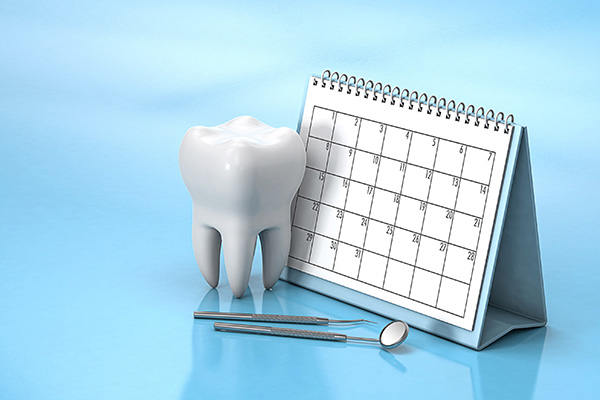 Most people will experience at least one dental cavity in their lifetime. Fortunately, tooth-colored fillings can be used to treat tooth decay with natural-looking results. The care required for fillings is minimal; most people forget about them after a few weeks. However, choosing healthy lifestyle habits can help keep tooth-colored fillings in excellent shape, allowing them to last for many years before replacement is needed.
Most people will experience at least one dental cavity in their lifetime. Fortunately, tooth-colored fillings can be used to treat tooth decay with natural-looking results. The care required for fillings is minimal; most people forget about them after a few weeks. However, choosing healthy lifestyle habits can help keep tooth-colored fillings in excellent shape, allowing them to last for many years before replacement is needed.
Choose your food with care
Just as with any other type of dental work, the types of foods and beverages you consume on a regular basis will have an effect on fillings. A healthy, well-balanced diet rich in vitamins and calcium can help strengthen teeth and gums and improve oral health. However, certain foods can be problematic and may even cause damage to tooth-colored fillings over time.
Texture
Soft foods are often recommended to patients for the first day or two after receiving a dental filling. Those with extensive decay may experience some inflammation and discomfort for a few days after the procedure. Eating foods that are easier to chew can help prevent more tooth pain at this time.
After healing is complete and patients feel back to normal, they can resume a normal, healthy diet. However, it is important to remember that fillings can be chipped, cracked, or dislodged when they are placed under intense force or pressure. Eating extremely hard, tough, or sticky foods can cause damage, so limit these choices to rare occasions. If you do eat these types of foods, try to chew on the other side of your mouth, away from the site of the filling.
Color
A colorful plate is often a sign of a nutrient-rich, healthy diet. However, the tannins in some foods, even natural ones, can stain your teeth and your tooth-colored fillings. Coffee, red wine, dark sodas, and artificial food dyes are some of the worst culprits. However, beets and berries can also cause unsightly discolorations. Limit these options and try to rinse and brush as soon as possible after consuming them.
Temperature
Tooth sensitivity is a common issue and it often occurs in patients who have recently had dental work done. After a filling, sensitive teeth can cause discomfort for just a few days or for a few weeks. To help prevent this type of discomfort, do not consume foods and beverages at extremely high or low temperatures.
Keep your teeth clean
Cavities are often the result of inadequate oral hygiene. To prevent more tooth decay in the future, see a dentist every six months, and be sure to brush your teeth at least twice a day with fluoride toothpaste. Brush at a slight angle to help sweep away food particles and bacteria along the gum line. Floss once a day as well.
Mouthwashes can help keep unwanted bacteria under control. However, those that contain alcohol can actually damage tooth-colored fillings by plasticizing the resin composite material. Opt for an alcohol-free mouthwash to prevent this issue.
Conclusion
Tooth-colored fillings can restore your teeth for a healthier smile. Care for them properly and build good habits to help them last for years to come.
Request an appointment or call Lalangas Family Dentistry at 972-534-6008 for an appointment in our Dallas office.
Related Posts
If you are self-conscious about your smile because of a damaged or chipped tooth, you should know that a dentist can use dental fillings to quickly correct these minor flaws and restore your smile's appearance.Dental filling application is an in-office technique in which dentists use a tooth-colored resin substance to fix minor flaws in the…
Even with healthy oral habits, you can find yourself in need of dental restoration. Tooth colored fillings allow dentists to provide their patients with more aesthetically pleasing results. Here are some details on using this option to repair dental cavities.Many modern patients want teeth to look natural when laughing or smiling. This is why tooth…
If you have a cavity, the good news is that composite fillings are one of the restoration options available to restore the tooth. Compared to traditional fillings, the newer composite variety offers some significant benefits.Composite restorations are made of a synthetic resin, a plastic material, that is mixed together with tiny particles of quartz or…


